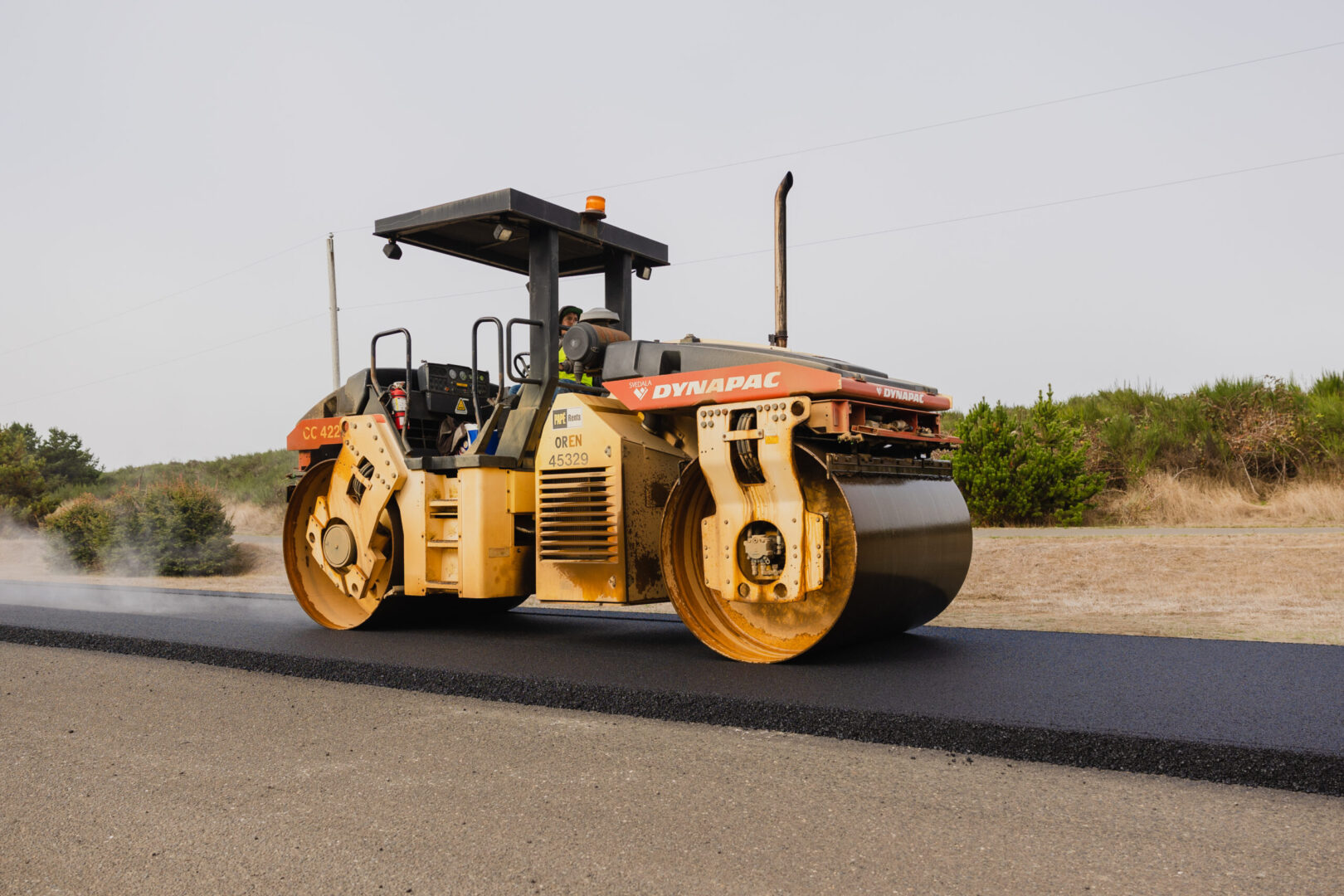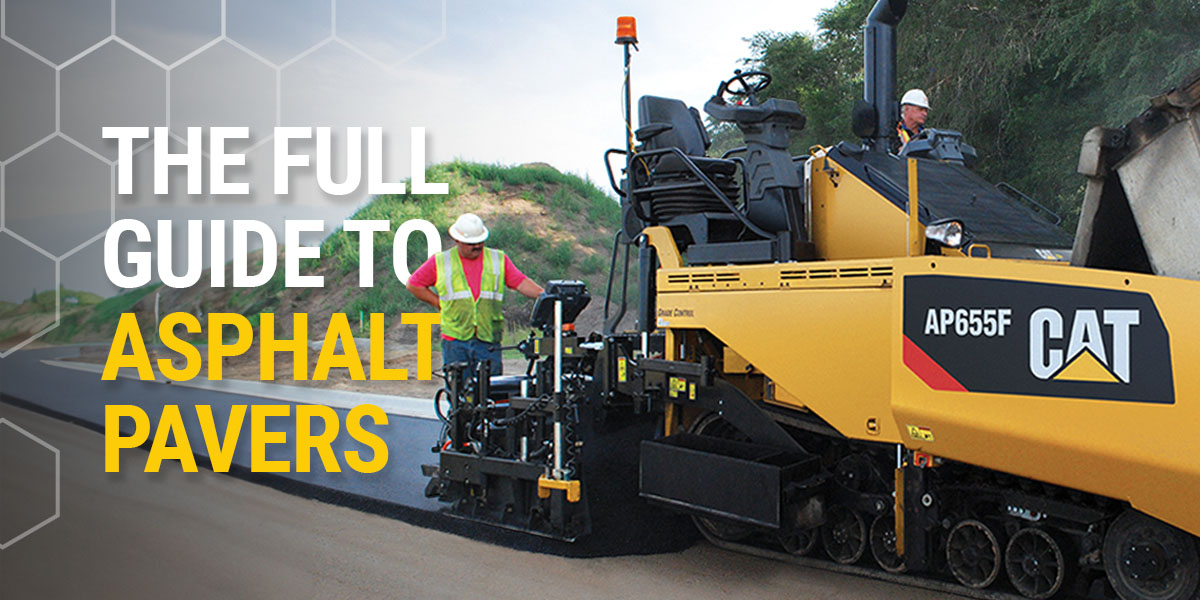Understanding the Different Kinds Of Asphalt Paving Available Today
In the realm of building and infrastructure, a comprehensive understanding of the numerous kinds of asphalt paving is vital for optimum project results. From the durable Warm Mix Asphalt, designed for high-traffic locations, to the eco aware Porous Asphalt that facilitates water monitoring, each type presents distinctive advantages tailored to certain needs. In addition, factors to consider such as toughness, setup rate, and sustainability even more make complex the decision-making procedure. As we discover these choices, it becomes evident that the option of asphalt paving can dramatically impact not just instant performance however also lasting capability and environmental considerations.

Warm Mix Asphalt
What makes hot mix asphalt a recommended selection for road construction and repair work? Warm mix asphalt (HMA) is favored for its sturdiness, adaptability, and performance under varying problems. Made up of a combination of accumulations and liquid asphalt concrete, HMA is produced at high temperatures, normally in between 300 ° F and 350 ° F (asphalt paving acworth ga). This high-temperature application enables optimum bonding and compaction, resulting in a smooth, resistant surface that can stand up to hefty web traffic loads and negative weather.
HMA's capacity to be customized to details project requirements is an additional significant advantage. Various ranks and formulations can be used to boost residential or commercial properties such as versatility, resistance to contortion, and longevity. Additionally, hot mix asphalt can be rapidly set up and open up to web traffic, minimizing disruption during building.
Ecological considerations additionally play a duty in the choice for HMA. The material is recyclable, and recovered asphalt pavement (RAP) can be recycled, advertising sustainability in road building methods. Overall, warm mix asphalt sticks out as a dependable choice, successfully supplying a long-lasting, high-performance surface area that fulfills the demands of modern framework.
Cold Mix Asphalt
Cold mix asphalt is a flexible choice to hot mix asphalt, specifically fit for particular applications such as patching and surface therapies. This kind of asphalt is created at ambient temperatures, permitting less complicated handling and application without the need for extensive heating devices.
Usually made up of asphalt emulsions or lowerings, cool mix asphalt can be mixed on-site or purchased pre-mixed. Its properties allow it to bind well with existing sidewalk, making it a reliable service for repairing holes, fractures, and various other surface problems. Moreover, it can be applied in a variety of weather, offering a functional choice for year-round upkeep.

Nevertheless, while cold mix asphalt is ideal for temporary repairs, it may not offer the exact same long life or resilience as hot mix asphalt under rush hour problems. Because of this, it is ideal made use of for low-traffic locations or as a temporary solution up until even more permanent fixings can be carried out.
Cozy Mix Asphalt
While hot mix asphalt has long been the requirement for road construction, cozy mix asphalt (WMA) has actually arised as a cutting-edge choice that balances efficiency with ecological factors to consider. WMA is generated at substantially reduced temperatures-- usually in between 215 ° F and 275 ° F-- compared to warm mix asphalt, which is warmed to around 300 ° F. This decrease in temperature not just reduces energy intake however likewise decreases greenhouse gas exhausts during manufacturing.
The technology behind WMA includes the use of ingredients or methods that make it possible for far better workability at reduced temperatures. These can include chemical additives, foaming procedures, or a combination of both. Therefore, WMA keeps the necessary residential properties for durability and efficiency while offering a more eco friendly alternative.

Porous Asphalt
Porous asphalt stands for a forward-thinking technique in pavement style, focusing on both capability and ecological sustainability. This innovative product is especially crafted to permit water to permeate through its surface, successfully minimizing overflow and promoting groundwater recharge. Consequently, porous asphalt is an exceptional choice for locations susceptible to flooding or where stormwater administration is vital.
The composition of permeable asphalt differs from standard asphalt, featuring a greater percent of voids that help with drain. This residential property not just reduces surface area water buildup however likewise assists minimize problems like hydroplaning and enhances lorry grip throughout damp conditions. asphalt paving acworth ga. Additionally, permeable asphalt can add to city heat island reduction, as it permits higher dissipation and cooling results in city atmospheres
In terms of setup, permeable asphalt calls for mindful factor to consider of underlying drainage systems to make sure optimal efficiency. Maintenance normally includes normal inspections and cleansing to protect against blocking from particles, which can hinder its leaks in the structure. Generally, permeable asphalt works as a sustainable paving solution that straightens with contemporary ecological objectives, making it an increasingly prominent choice for both exclusive and public tasks.
Rubberized Asphalt
Rubberized asphalt is an advanced paving material that incorporates recycled rubber, typically sourced from scrap tires, right into the asphalt mix. This innovative strategy not just boosts the performance of conventional asphalt but likewise advertises ecological sustainability by reusing waste materials. The enhancement of rubber boosts the versatility and sturdiness of the pavement, making it immune to breaking and deformation under differing temperature level problems.
Among the substantial advantages see this website of rubberized asphalt is its ability to decrease sound pollution. The rubber particles soak up noise, resulting in quieter roads, which is specifically beneficial in urban locations. Furthermore, this type of asphalt gives boosted skid resistance, enhancing safety and security for lorries.
Rubberized asphalt additionally contributes to expanding the life-span of road surfaces, resulting in decreased upkeep costs with time. This longevity is especially important for high-traffic locations where damage are sped up. Furthermore, its resistance to dampness penetration assists minimize the threat of water damages, better improving longevity.
Conclusion
In summary, the range of asphalt paving kinds-- Hot Mix Asphalt, Cold Mix Asphalt, Warm Mix Asphalt, Porous Asphalt, and Rubberized Asphalt-- each accomplish distinctive features that accommodate varied building and maintenance demands. These choices read this article not only improve road quality however also add to sustainability through minimized power usage and boosted water monitoring. Comprehending these differences is vital for selecting the ideal asphalt type, ultimately guaranteeing reliable and reliable paving services in different settings.
From the durable Warm Mix Asphalt, created for high-traffic locations, to the environmentally conscious Porous Asphalt that promotes water administration, each type presents distinctive advantages customized to certain wikipedia reference needs.Generally made up of asphalt solutions or lowerings, chilly mix asphalt can be mixed on-site or acquired pre-mixed.While warm mix asphalt has long been the standard for road building, cozy mix asphalt (WMA) has actually emerged as an innovative choice that stabilizes efficiency with environmental considerations.Rubberized asphalt is a sophisticated paving material that integrates recycled rubber, normally sourced from scrap tires, right into the asphalt mix.In summary, the variety of asphalt paving kinds-- Warm Mix Asphalt, Cold Mix Asphalt, Cozy Mix Asphalt, Porous Asphalt, and Rubberized Asphalt-- each satisfy distinct functions that cater to diverse construction and upkeep needs.